Lung Cancer Screening
Early detection saves lives.
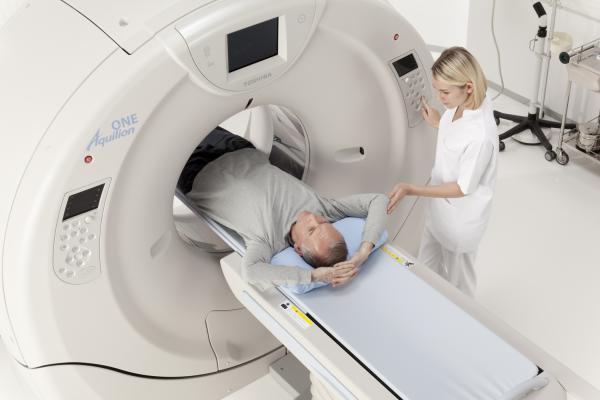 Finding lung cancer early saves lives. It’s a fact. We know it works for breast cancer, prostate cancer, and colon cancer. And now science has proven lung cancer screening saves lives, too.
Finding lung cancer early saves lives. It’s a fact. We know it works for breast cancer, prostate cancer, and colon cancer. And now science has proven lung cancer screening saves lives, too.
The USPSTF found adequate evidence that annual screening for lung cancer with Low Dose Computed Tomography (LDCT) screening in high-risk persons can prevent a substantial number of lung cancer–related deaths. Age and smoking history are the two main factors used to know if you should be screened for lung cancer.
If you are not at risk, chances are you know someone who is.
Please share this with your friends, neighbors and family members.
HIGH RISK
Talk to your doctor about Low Dose CT screening today if you:
- Are between the ages of 50 and 80, and
- Smoked at least a pack a day for 20 years, and
- Are still smoking or have stopped within 15 years
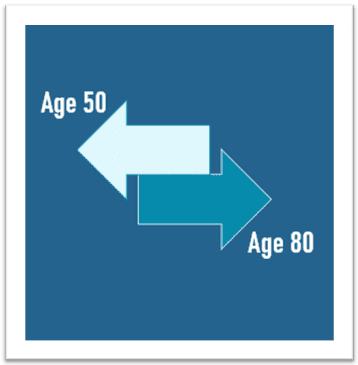
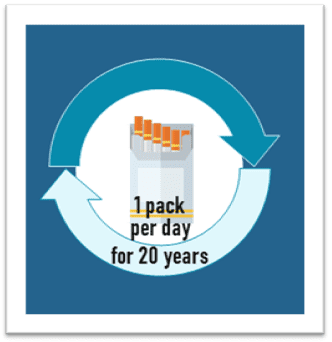
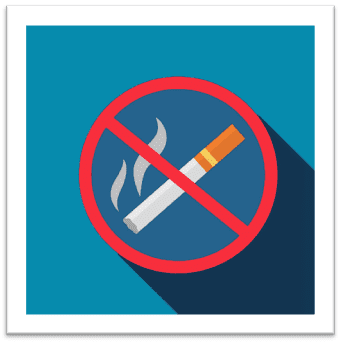
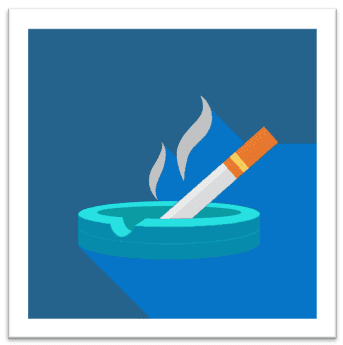
INTERMEDIATE RISK
If you checked 2 two of the boxes above, plus one or more of the following:
- Exposure to radon
- Exposure to asbestos or other carcinogens’s such as arsenic, beryllium, cadmium, chromium, silica, coal smoke, or diesel fumes
- Family history of lung cancer
- Personal history of other cancers or lung diseases
Medicare Part B (Medical Insurance) covers lung cancer screenings with Low Dose CT screening once per year if you meet all of these conditions:
- You’re age 55-77.
- You don’t have signs or symptoms of lung cancer (no cough, chest pains, weight loss)
- You smoke or have quit smoking within the last 15 years.
- You smoked an average of one pack (20 cigarettes) per day for 30 years.
- You get a written order from your doctor.
Most private insurance plans cover screening for patients 55 to 80 years old. Check with your insurance plan to learn more. If you have Medicaid, ask your doctor if the state will pay for the screening.
Talk to your doctor to see if screening is for you!
You should be screened at an accredited facility.
